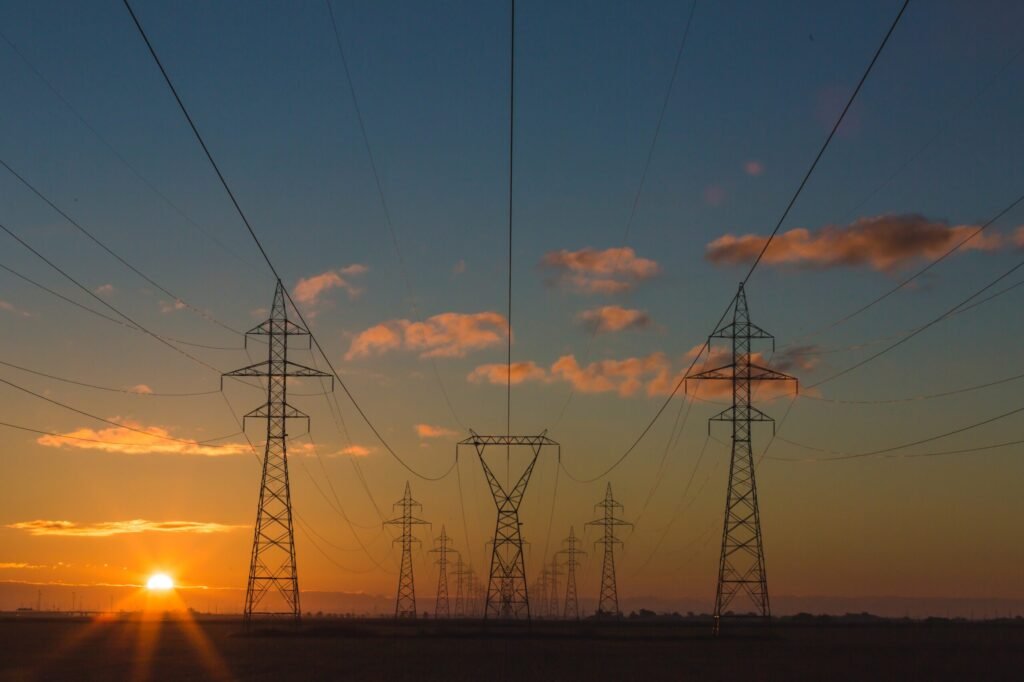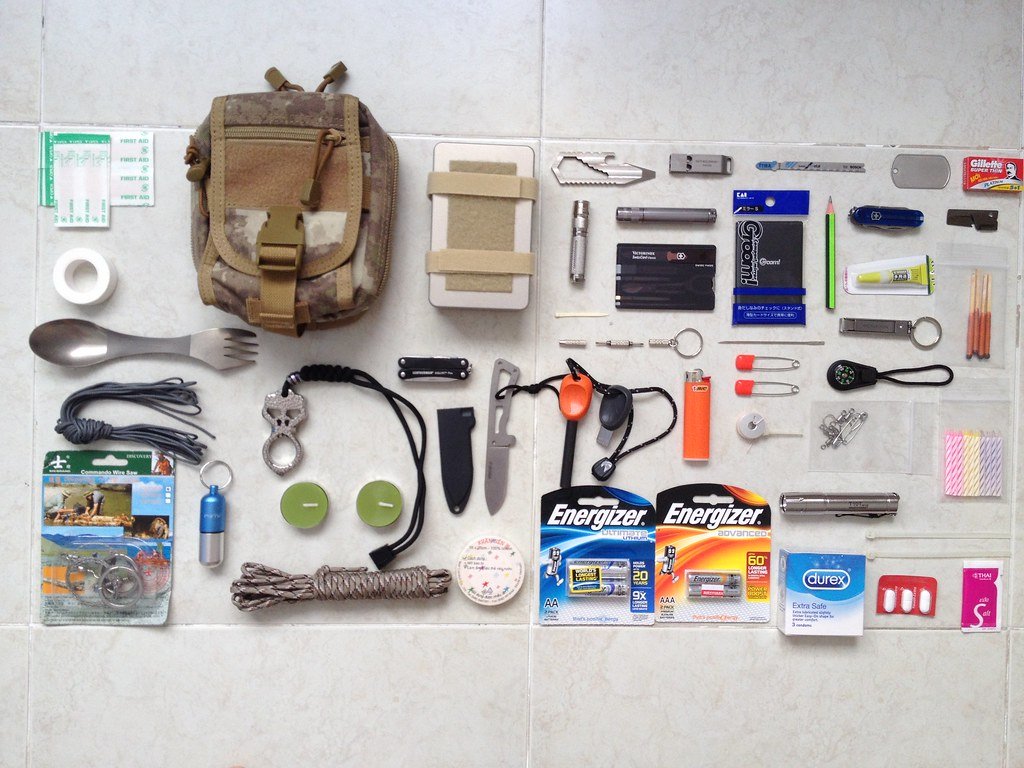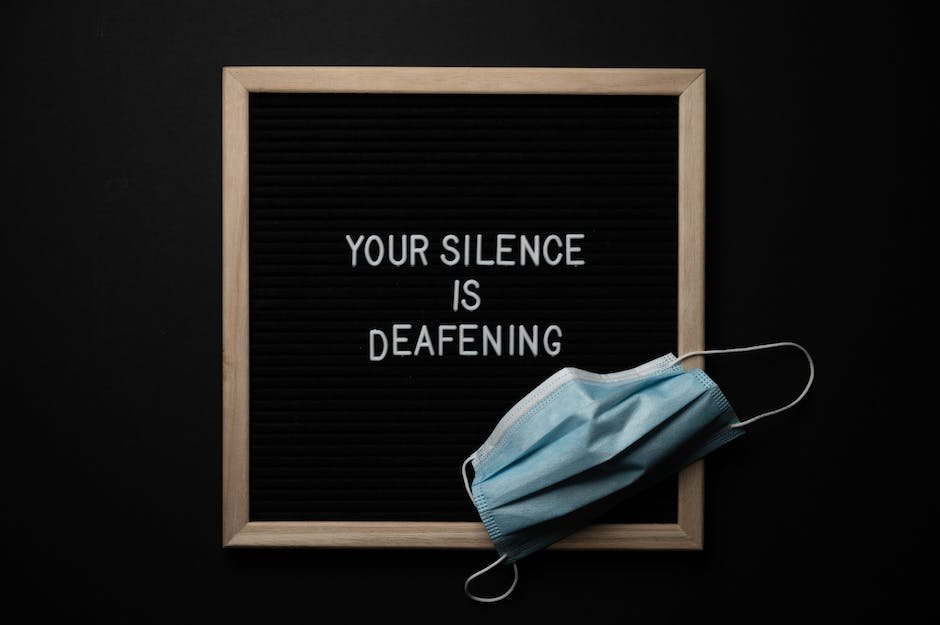Now Reading: How to Make Your Own Off-Grid First Aid Kit
-
01
How to Make Your Own Off-Grid First Aid Kit
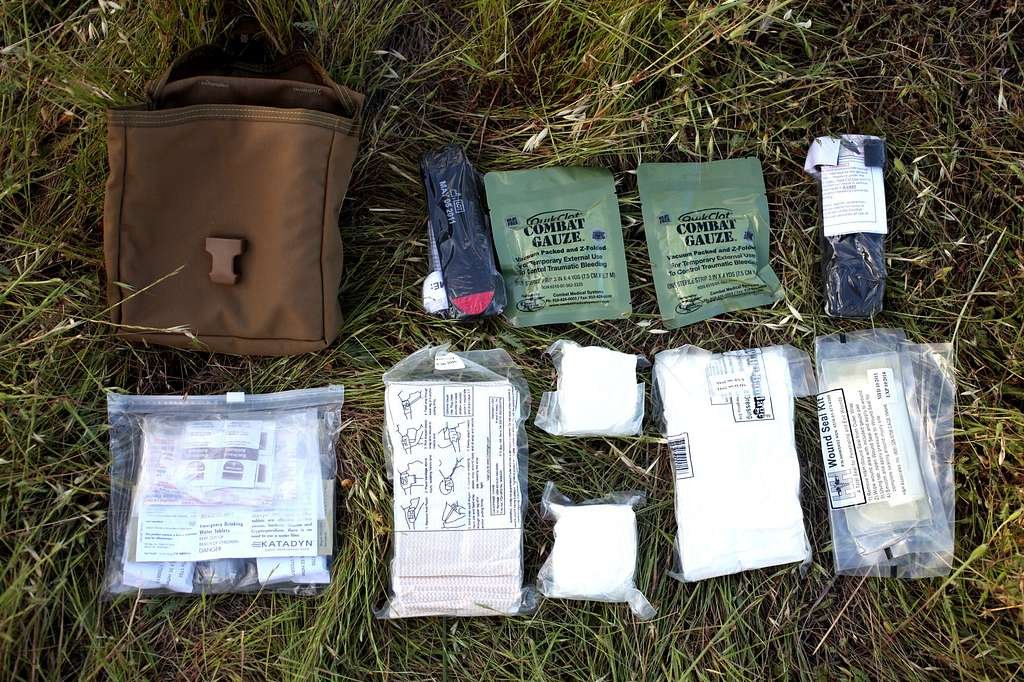
How to Make Your Own Off-Grid First Aid Kit
In a world that often relies on modern conveniences and immediate access to medical care, it’s easy to overlook the importance of self-sufficiency in times of crisis. Imagine being stranded in a remote location, far from any medical assistance, and suddenly finding yourself in need of urgent first aid. Sounds unnerving, doesn’t it? But fret not, for this article serves as a guiding light towards creating your very own off-grid first aid kit. Preparedness is the key to survival, and by assembling a comprehensive kit tailored to your specific needs, you can be ready to tackle any emergency head-on, no matter how far away help may be. So, gather your wits and join us as we embark on a journey into the world of DIY first aid kits designed to empower you with the knowledge and tools essential for navigating unforeseen circumstances that may lie ahead.
Table of Contents
- Gathering Essential Supplies for Your Off-Grid First Aid Kit
- Selecting Medications and Treatments Tailored to Off-Grid Situations
- Choosing Proper Tools and Equipment for Off-Grid First Aid
- Putting Together a Comprehensive Off-Grid First Aid Manual
- Ensuring Efficiency and Sustainability in Your Off-Grid First Aid Kit
- Q&A
- Insights and Conclusions

Gathering Essential Supplies for Your Off-Grid First Aid Kit
Preparing for emergencies or venturing into remote areas require a well-stocked off-grid first aid kit. With the right supplies, you can be prepared for unexpected injuries and situations. Here are some essential items to include in your off-grid first aid kit:
- Bandages and Dressings: Pack an assortment of adhesive bandages in various sizes, gauze pads, and sterile dressings. These are essential for treating wounds and preventing infection.
- Antiseptics and Disinfectants: Include antiseptic wipes, hydrogen peroxide, and iodine-based solutions to cleanse wounds and sanitize surfaces.
- Medical Tools: Don’t forget to pack essential medical tools such as scissors, tweezers, and safety pins. These are handy for removing splinters, cutting tape, or safely securing bandages.
- Pain Relief Medication: Stock up on over-the-counter pain relievers like acetaminophen or ibuprofen to alleviate minor aches and pains.
- Allergy Medications: It’s important to include antihistamines for allergic reactions, such as hay fever or insect bites.
- Emergency Contact Information: Include a list of emergency contact numbers and any relevant medical information, such as allergies or chronic conditions.
Remember, the contents of your off-grid first aid kit should be tailored to your specific needs and the environment you’ll be exploring. Regularly check and restock your supplies to ensure they are up to date and ready for use. Stay prepared, stay safe!

Selecting Medications and Treatments Tailored to Off-Grid Situations
In off-grid situations, the availability and accessibility of medications and treatments can be limited, making it essential to carefully select the right options. Here are some key considerations to keep in mind when tailoring treatments for off-grid scenarios:
1. Durability and Stability: Opt for medications that can withstand varying temperatures and environmental conditions. Look for those with long shelf lives and sturdy packaging to ensure they remain potent and effective even in remote locations.
2. Essential Medications: Prioritize essential medications that cover a wide range of common ailments and injuries. These may include antibiotics for infections, pain relievers, antihistamines for allergies, and basic first aid supplies.
3. Natural Remedies: Consider incorporating natural remedies into your treatment options. These can include herbal medicines, essential oils, and traditional remedies that have been known for their efficacy over generations. Research and consult with experts to ensure their safety and proper usage.
4. Proper Storage and Transport: Create a designated storage system for medications that protects them from moisture, heat, and light. Use airtight containers or zip-lock bags, and clearly label and organize them for easy identification. Additionally, invest in a reliable and portable medical kit that is easy to carry and suitable for off-grid adventures.
Remember, in any off-grid situation, it’s crucial to consult a healthcare professional before embarking on any treatments. They can provide tailored advice and help identify any potential risks or interactions with existing medical conditions. By carefully selecting medications and treatments that are specifically designed for off-grid situations, you can ensure your health and well-being are adequately addressed wherever your adventures take you.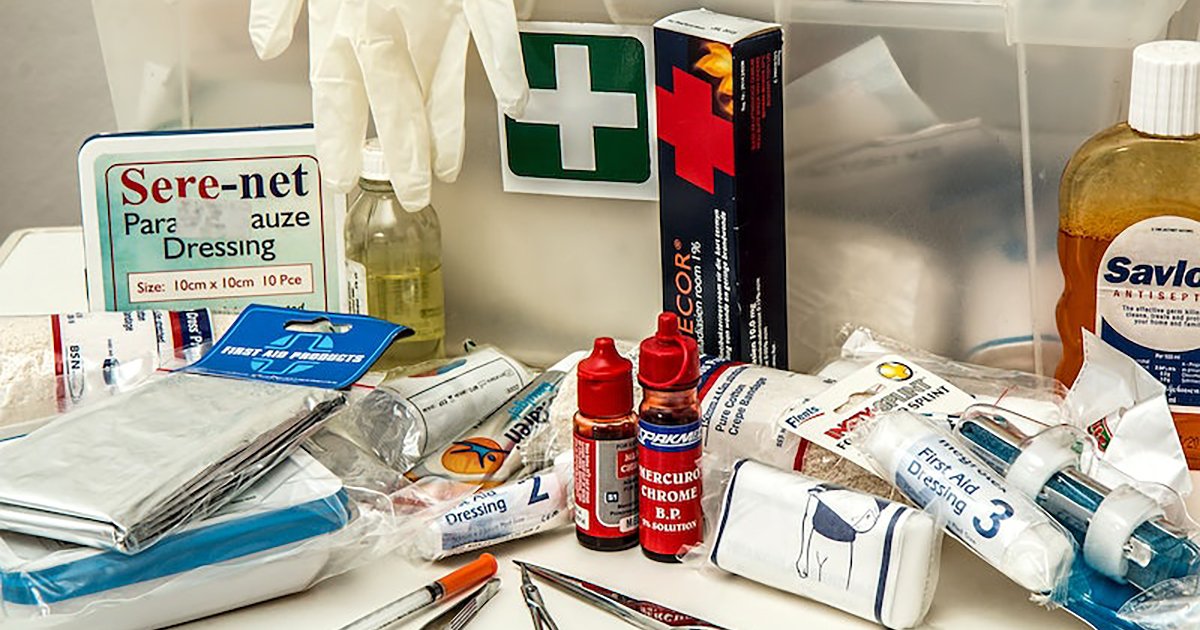
Choosing Proper Tools and Equipment for Off-Grid First Aid
When it comes to off-grid first aid, having the right tools and equipment can mean the difference between a successful treatment and a potential disaster. Here are some essential items to consider when preparing your emergency medical kit for off-grid situations:
- A basic first aid kit: This should include adhesive bandages of various sizes, antiseptic wipes, gauze pads, medical tape, scissors, and tweezers. These essentials can handle minor injuries and help prevent infections.
- Antibiotics and antiseptics: Be prepared with a supply of antibiotics and antiseptics such as iodine or hydrogen peroxide. These can help prevent the spread of infection and assist in wound care.
- Emergency medications: Include essential medications specific to your needs, such as pain relievers, antihistamines, and anti-inflammatory drugs. Ensure you have enough supply for extended periods.
- Emergency tools: Carry a multipurpose tool or Swiss army knife that includes a knife, scissors, and a variety of other useful tools. This can come in handy for a range of tasks in emergency situations.
- Thermometer and sphygmomanometer: Monitoring vital signs is crucial in any medical situation. Include a reliable thermometer and blood pressure cuff to assess temperatures and blood pressure.
Remember, different injuries or illnesses may require specialized tools and equipment. Consider the specific risks and challenges you may encounter in your off-grid environment, and tailor your first aid kit accordingly. Regularly check and replenish your supplies to ensure everything is up to date and in proper working order. Being well-prepared can provide peace of mind and increase your ability to effectively handle unexpected medical situations off the grid.
Putting Together a Comprehensive Off-Grid First Aid Manual
A well-equipped first aid kit is essential, but what happens when you find yourself in a situation where professional medical help is hours away? In these off-grid scenarios, having the knowledge and skills to administer first aid becomes paramount. To offer a comprehensive solution, we have put together an off-grid first aid manual that covers everything you need to know when medical assistance is not readily available.
Key Components of the Manual:
- Emergency Procedures: Learn step-by-step instructions for handling various emergencies, such as loss of consciousness, severe bleeding, broken bones, and heart attacks.
- Wilderness Medicine: Discover techniques for treating injuries and illnesses encountered in remote areas, including insect bites, dehydration, heat stroke, and hypothermia.
- Herbal Remedies: Explore the world of natural remedies and learn about the healing properties of plants that can be found in the wild.
- Improvisation Techniques: Learn how to create makeshift splints, slings, and bandages using readily available materials when standard first aid supplies are not around.
Why Choose Our Manual?
Our off-grid first aid manual goes beyond the ordinary, ensuring you are prepared for any situation that may arise when conventional medical help is out of reach. It combines practical knowledge with innovative approaches, equipping you with the skills to provide life-saving care even in the most challenging circumstances.
Stay confident in your ability to handle emergencies in remote areas or during natural disasters. With our comprehensive off-grid first aid manual, you’ll be a capable and resourceful first responder, ready to protect yourself and those around you.
Choose empowering knowledge, choose preparedness – choose our comprehensive off-grid first aid manual.
Ensuring Efficiency and Sustainability in Your Off-Grid First Aid Kit
In an off-grid environment, having a well-equipped first aid kit is essential for ensuring the health and safety of yourself and your loved ones. However, it’s not just about having the right supplies; it’s also about ensuring efficiency and sustainability in your kit. Here are some tips to help you achieve this:
- Compact and lightweight: When building your off-grid first aid kit, prioritize compact and lightweight items. This will not only make it easier to carry and store, but it will also conserve valuable space in your limited off-grid setup.
- Multi-purpose supplies: Choose supplies that serve multiple purposes to maximize efficiency. For example, consider including items like duct tape, a bandana, or a multi-tool that can be used in various emergency situations.
- Sustainability: Aim for sustainability when selecting items for your kit. Opt for eco-friendly, biodegradable, or reusable supplies whenever possible. This not only reduces waste but also ensures that your kit remains sustainable in the long run.
- Regular checks and expiration dates: Regularly check and replace any expired items in your kit. Mark the expiration dates on your calendar to stay on top of it. Additionally, inspect and restock your first aid kit after each use or at least once a year to ensure its efficiency and readiness.
- Organization and labeling: Keep your off-grid first aid kit well-organized and labeled. Use compartments or clear pouches to separate different items and label them accordingly. This will allow for easy access and quick identification during emergencies.
Remember, an efficient and sustainable off-grid first aid kit can make a significant difference during an emergency. By following these guidelines and regularly updating your kit, you’ll be well-prepared to handle any situation that comes your way.
Q&A
What items should I include in an off-grid first aid kit?
Some essential items to include are adhesive bandages, antiseptic wipes, gauze pads, medical tape, scissors, tweezers, a thermometer, pain relievers, and allergy medication.
Is it important to include personal medications in my off-grid first aid kit?
Yes, it is crucial to include personal medications, such as prescription drugs or over-the-counter remedies, that you may need in case of an emergency.
What are some natural remedies I can include in my off-grid first aid kit?
Some natural remedies worth considering are aloe vera gel for burns, tea tree oil for disinfection, lavender oil for relaxation and wound healing, and arnica gel or cream for bruise relief.
Should I include a snakebite kit in my off-grid first aid kit?
While a snakebite kit could be useful, it is recommended to prioritize seeking professional medical help for snakebites. Include a compact pressure immobilization bandage instead, as it can significantly help in managing venomous snakebites.
Should I include an emergency blanket in my off-grid first aid kit?
Yes, an emergency blanket is an essential item to include, as it can help prevent hypothermia by retaining body heat and provide protection from the elements in case of emergencies.
How often should I check and update my off-grid first aid kit?
It is recommended to check and update your off-grid first aid kit every six months to ensure that all items are in good condition, medications have not expired, and any missing supplies are restocked.
Can I make my own natural insect repellent for my off-grid first aid kit?
Yes, you can make a natural insect repellent for your kit using ingredients like essential oils (citronella, lemongrass, or eucalyptus), witch hazel or vodka, and distilled water. There are various recipes available online that you can follow.
Is it important to have a first aid manual in my off-grid first aid kit?
Yes, including a first aid manual is highly recommended to provide guidance on techniques, procedures, and treatments. It can be invaluable, especially in situations where professional medical help is not readily available.
Should I include personal protective equipment (PPE) in my off-grid first aid kit?
Yes, it is crucial to include PPE in your kit. Items like gloves, face masks, and eye protection can help ensure your safety while providing aid, as well as protecting against potential infection or exposure to hazardous materials.
Insights and Conclusions
As we conclude this journey into crafting your very own off-grid first aid kit, we hope you’ve found the information provided both enlightening and empowering. In today’s fast-paced world, it’s crucial to be prepared for any unforeseen circumstance, irrespective of where our adventures lead us.
Remember, building an off-grid first aid kit is more than just assembling a collection of supplies; it’s about securing peace of mind and ensuring the safety and well-being of yourself and your loved ones. By carefully considering the unique needs of your situation, you’re taking a proactive step towards self-reliance, self-sufficiency, and readiness.
From repurposing everyday items to sourcing essential medical supplies, your journey to becoming an off-grid first aid aficionado is as much an art as it is an essential skill. The ability to harness your creativity and resourcefulness in crafting a comprehensive and personalized kit will undoubtedly set you apart in any survival situation.
However, it’s important to remember that while an off-grid first aid kit is a powerful tool, knowledge of basic medical techniques and emergency procedures is equally vital. Stay informed and consider enrolling in first aid classes or wilderness survival courses to further enhance your skills and readiness.
In a world that often promotes reliance on external systems, going off-grid can be daunting yet liberating. Armed with the knowledge and expertise to handle medical emergencies in remote locations, you’re now equipped to venture into the unknown with an unmatched sense of confidence.
So, as you embark on your next wilderness excursion or remote adventure, may your off-grid first aid kit serve as a trusted companion, ready to mend, soothe, and protect. Whether it’s a deep trail cut or an unexpected allergic reaction, your carefully curated supplies will be there to support you in every step of your journey.
Embrace the artistry of being prepared, relish in the creative process of tailoring your kit to your exact needs, and above all, stay safe on your off-grid escapades. Remember, when it comes to venturing off-grid, the key to triumph lies within your resourcefulness, resilience, and most importantly, your ability to be self-reliant in the face of adversity.
Here’s to a world of uncharted wilderness, remote adventures, and the infinite possibilities that await, now firmly within your grasp. With your off-grid first aid kit by your side, let nothing stand in the way of exploring, conquering, and cherishing the untamed beauty of our planet. Stay safe, stay prepared, and may your off-grid journey be nothing short of extraordinary.
As an affiliate, my content may feature links to products I personally use and recommend. By taking action, like subscribing or making a purchase, you’ll be supporting my work and fueling my taco cravings at the same time. Win-win, right?
Want to read more? Check out our Affiliate Disclosure page.



